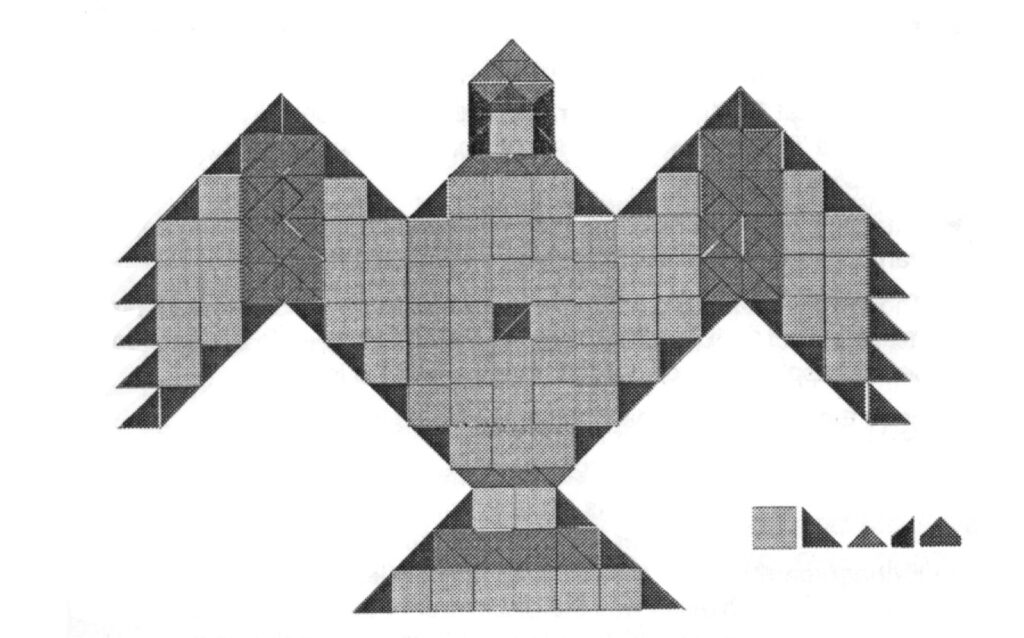summer 2025: fc-0306

Logistics:
| Credits: | 4 |
| Classes: | Mondays, Tuesdays, Wednesdays, Fridays, 11:10am to 1:10pm |
| Classsroom: | AC-02-LR-107 | Teaching Staff: | Rhea (teaching fellow) |
| Instructor Office Hours: | Fridays, 10:00am to noon at AC04-705 or by appointment |
Links:
| Course Outline and Lectures |
| Final Paper Guidelines |
| Resources and Reading Materials |
Course Description: This course explores the rich history of mathematics in India, from the Vedic period to modern times. Focusing on key texts and ideas, it examines the evolution of concepts like numbers in the Vedas, the construction of geometric figures in the Sulbasutras, and the discovery of zero and the place value system. Students will study the contributions of great mathematicians such as Aryabhata, Brahmagupta, Bhaskaracharya, and others in fields like algebra, geometry, trigonometry, and combinatorics. The course also highlights the Kerala school's advances in calculus and spherical trigonometry, including proofs from the renowned Yuktibhasa. Finally, it explores the legacy of Indian mathematics in the modern era, focusing on the profound work of Srinivasa Ramanujan and its deep connection to India's mathematical traditions.
Grading: A serious student of a mathematics learns best by active involvement. This course is structured to incentivise involvement through the following:
- Assignments (40%): The course includes four problem sets designed to supplement lectures and develop practical application skills. To foster a focus on learning rather than grades, you will receive detailed feedback instead of numerical scores. This approach emphasizes understanding, growth, and the ability to refine your knowledge through iterative improvement.
- Examination (20%): One 2-hour, closed-book in-class exam. Students may bring one double-sided "cheat sheet" (hand-written or typed) of their own creation. The exam will test conceptual understanding and problem-solving abilities.
- Class Participation & Attendance (15%): Regular attendance and active engagement in discussions and the Fire Altar Construction activity. Participation quality matters more than quantity - thoughtful questions and contributions are valued.
- Final Paper (25%): A collaborative final paper. Includes proposal submission, draft review, and final revision. See the final paper page for detailed guidelines and milestones.
Assignments: Assignments will be available every Friday morning at 10:00 AM and are due by 9:00 AM the following Friday. We aim to grade assignments in the same week. No extensions will be granted. We will grant exemptions from the assignments only in the case of medical emergencies, proof of which must be emailed to the teaching assistant within 24 hours of the request.
Policies: From Ashoka's Academic Integrity Policy (MyAshoka → Information and Documents → Office of Academic Affairs): plagiarism—which is a matter of producing academic work that borrows, without acknowledging, from another person's work—is a serious academic offense. All violations of Academic Integrity Policy (including but not limited to plagiarism and the use of AI or other tools) will result in an F grade for the course. Please familiarize yourself with the policies and sanctions.
Support: Students are encouraged to reach out to University offices such as the Office of Learning Support, Ashoka Center for Well-Being, and Center for Writing and Communication for additional support.
Calendar:
| Sunday | Monday | Tuesday | Wednesday | Thursday | Friday | Saturday |
|---|---|---|---|---|---|---|
| Jul 6 |
Jul 7 Lecture 1 |
Jul 8 Lecture 2 |
Jul 9 Lecture 3 |
Jul 10 Lecture 4 |
Jul 11 Assignment 1 Due |
Jul 12 |
| Jul 13 |
Jul 14 Lecture 5 |
Jul 15 Lecture 6 |
Jul 16 Lecture 7 |
Jul 17 Lecture 8 |
Jul 18 Assignment 2 Due |
Jul 19 |
| Jul 20 |
Jul 21 Lecture 9 |
Jul 22 Lecture 10 |
Jul 23 Lecture 11 |
Jul 24 Lecture 12 |
Jul 25 Assignment 3 Due |
Jul 26 |
| Jul 27 |
Jul 28 Lecture 13 |
Jul 29 Lecture 14 |
Jul 30 Lecture 15 |
Jul 31 Mid-term Exam |
Aug 1 | Aug 2 |
| Aug 3 |
Aug 4 Lecture 16 |
Aug 5 Lecture 17 |
Aug 6 Lecture 18 |
Aug 7 Lecture 19 |
Aug 8 Assignment 4 Due |
Aug 9 |
| Aug 10 |
Aug 11 Lecture 20 |
Aug 12 Lecture 21 |
Aug 13 Lecture 22 |
Aug 14 Fire Altar Construction |
Aug 15 | Aug 16 |